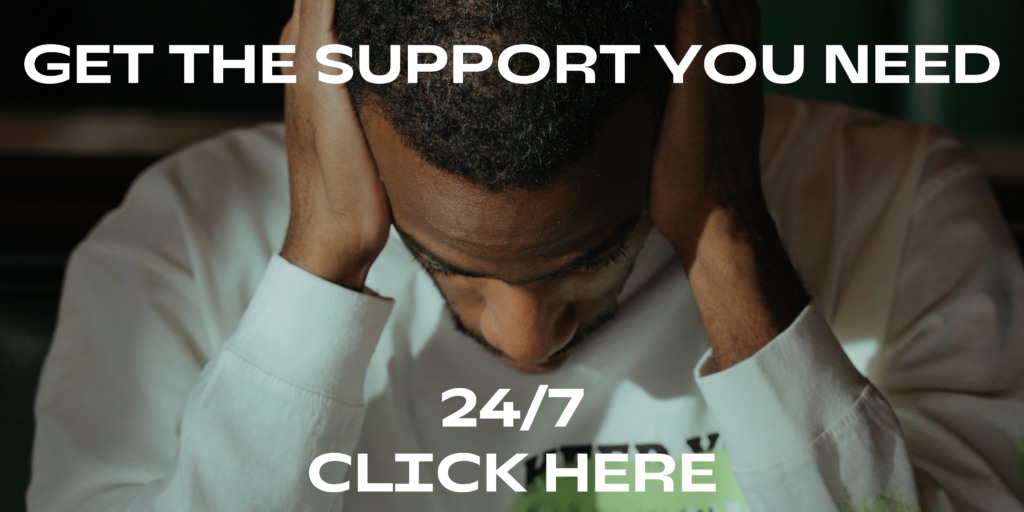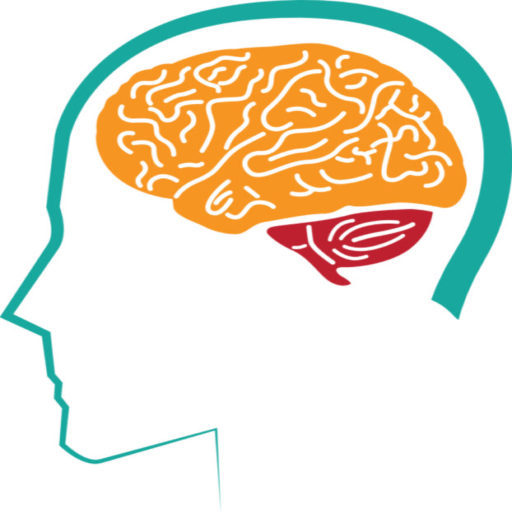Introduction
In the digital age, social media has become an integral part of our lives. It connects us with friends, family, and the world at large, making it easier than ever to share experiences and stay in touch. However, the constant presence of social media can also have a significant impact on our mental health. In this article, we will explore the effects of social media on mental well-being, provide tips for healthy social media use, and discuss how to recognize and address social media-induced anxiety.
Understanding the Impact of Social Media on Mental Well-being
Social media platforms offer a window into the lives of others, providing a continuous stream of updates, photos, and videos. While this can be entertaining and informative, it also brings several challenges to mental well-being:
1. Comparison and Envy
One of the most significant impacts of social media is the tendency to compare ourselves to others. When we scroll through the carefully curated content of friends and influencers, it’s easy to feel like our own lives don’t measure up. This constant comparison can lead to feelings of inadequacy and envy. [^1]
2. Cyberbullying
The anonymity provided by the internet can embolden some individuals to engage in hurtful behavior. Cyberbullying, whether in the form of harsh comments or online harassment, can have severe consequences for mental health, including depression and anxiety. [^2]
3. Fear of Missing Out (FOMO)
The acronym FOMO, or Fear of Missing Out, perfectly encapsulates the anxiety that social media can provoke. As we see others sharing exciting experiences, we may worry that we’re not part of these activities. This fear of missing out can lead to anxiety about being left out or not living life to the fullest. [^3]
4. Negative Self-Image
The pressure to present a curated image of oneself online can contribute to negative self-image and body dissatisfaction. Constant exposure to idealized versions of beauty and success can erode self-esteem and foster unrealistic expectations. [^4]
5. Time Consumption
Excessive time spent on social media can lead to a range of negative consequences, including decreased productivity, disrupted sleep patterns, and increased feelings of isolation. It’s easy to lose hours mindlessly scrolling through our feeds. [^5]
Tips for Healthy Social Media Use
While it’s important to acknowledge the potential downsides of social media, we can also take proactive steps to ensure that our online experiences contribute positively to our lives:
1. Limit Screen Time
Set specific time limits for social media usage. Apps and phone settings can help you track and manage your screen time. Establishing boundaries can prevent the mindless scrolling that often leads to negative feelings.
2. Curate Your Feed
Unfollow or mute accounts that consistently make you feel anxious, envious, or unhappy. Social media should be a source of positivity and inspiration. Surround yourself with content that aligns with your interests and values.
3. Engage Mindfully
Before scrolling through your social media feeds, take a moment to ask yourself why you’re using these platforms. Be mindful of your intentions. Are you seeking information, connection, or entertainment? Being aware of your motives can help you avoid mindless browsing.
4. Take Breaks
Regularly take breaks from social media, especially during stressful periods. A temporary detox can do wonders for your mental well-being. Use this time to engage in other activities that promote relaxation and connection with the real world.
5. Connect Authentically
Use social media to build genuine connections with friends and loved ones. Engage in meaningful conversations rather than surface-level interactions. Authentic interactions can provide a sense of connection and support.
Recognizing and Addressing Social Media-Induced Anxiety
While implementing healthy social media habits is crucial, it’s also essential to recognize when social media is causing anxiety and take steps to address it:
1. Self-Reflection
Pay attention to how you feel while using social media. If you notice increased anxiety, jealousy, or sadness, it may be time to reevaluate your usage. Self-awareness is the first step in addressing the issue.
2. Set Boundaries
Establish clear boundaries for social media usage. Avoid checking social media during mealtimes, before bed, or in other designated “offline” moments. Setting boundaries can help you regain control over your online habits.
3. Seek Support
Talk to friends or a mental health professional if you feel overwhelmed by social media-induced anxiety. Sharing your feelings and experiences with trusted individuals can provide emotional support and guidance.
4. Practice Self-Compassion
Remember that social media presents a curated view of reality. People often share their best moments while concealing their challenges. Be kind to yourself and don’t compare your behind-the-scenes to someone else’s highlight reel.
5. Use Technology Wisely
Consider using apps or tools designed to promote healthier social media habits. These tools can help you set app limits, track usage patterns, and ensure that your online experiences align with your well-being goals.
Conclusion
Social media is a double-edged sword—it can be a powerful tool for connection and communication, but it can also impact our mental well-being in various ways. By understanding the potential pitfalls and implementing healthy social media practices, we can navigate these platforms without harming our mental health.
Remember that it’s essential to prioritize self-care and seek support if social media-induced anxiety becomes overwhelming. With mindfulness, self-compassion, and the right strategies, we can enjoy the benefits of social media while safeguarding our mental well-being.
References
- Smith, A. (2018). Social Media Use in 2018. Pew Research Center. https://www.pewresearch.org/internet/2018/03/01/social-media-use-in-2018/
- Patchin, J. W., & Hinduja, S. (2015). Cyberbullying and Self-Esteem. Journal of School Health, 85(5), 302-310. https://www.ncbi.nlm.nih.gov/pmc/articles/PMC4462586/
- Przybylski, A. K., Murayama, K., DeHaan, C. R., & Gladwell, V. (2013). Motivational, emotional, and behavioral correlates of fear of missing out. Computers in Human Behavior, 29(4), 1841-1848. https://www.sciencedirect.com/science/article/pii/S0747563213000983
- Perloff, R. M. (2014). Social media effects on young women’s body image concerns: Theoretical perspectives and an agenda for research. Sex Roles, 71(11-12), 363-377. https://link.springer.com/article/10.1007/s11199-014-0384-6
- Primack, B. A., Shensa, A., Sidani, J. E., Whaite, E. O., Lin, L. Y., Rosen, D., … & Miller, E. (2017). Social media use and perceived social isolation among young adults in the U.S. PLOS ONE, 12(8), e0182146. https://journals.plos.org/plosone/article?id=10.1371/journal.pone.0182146

